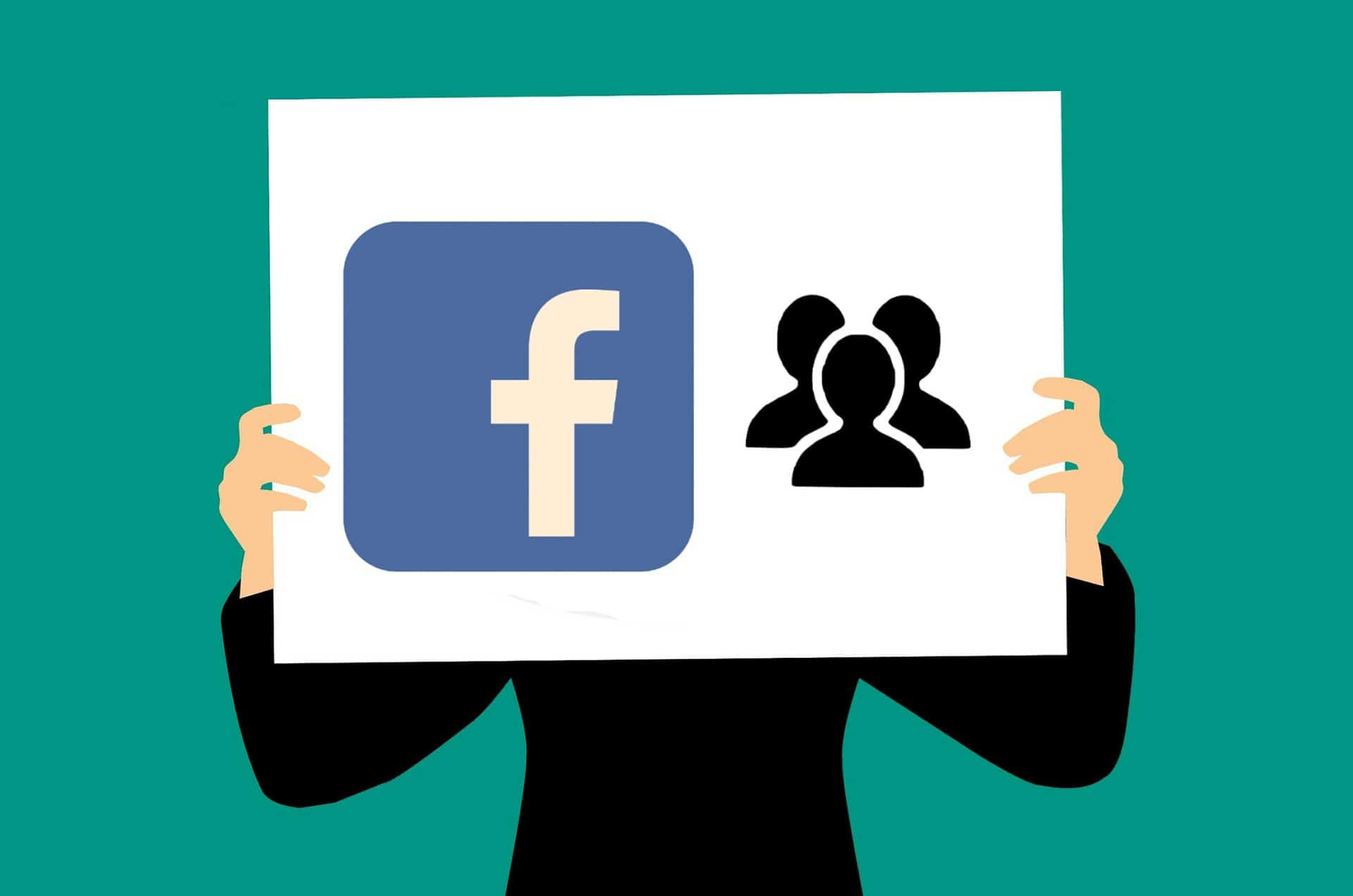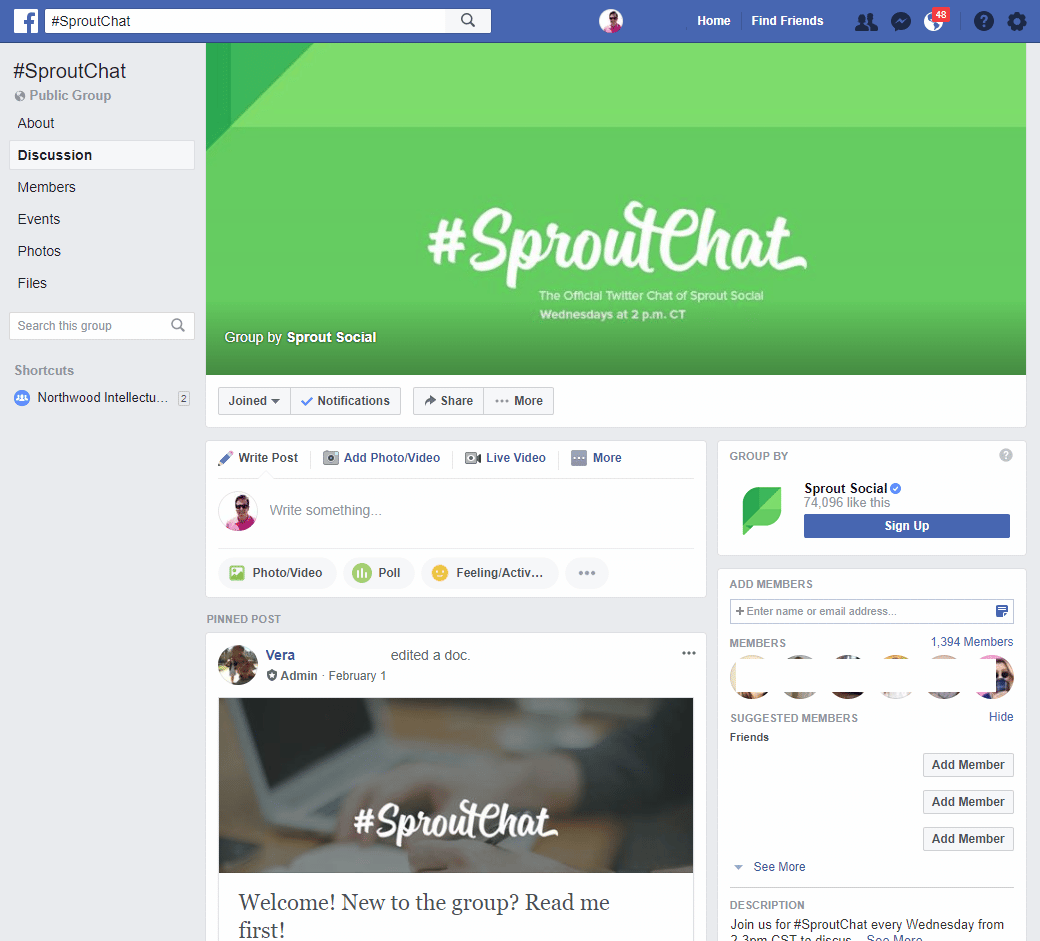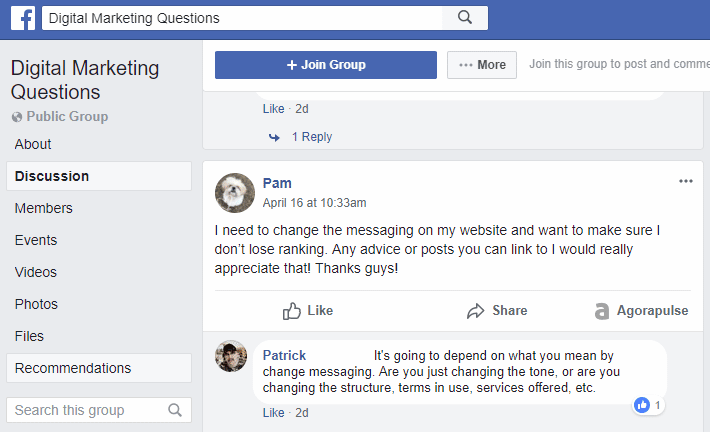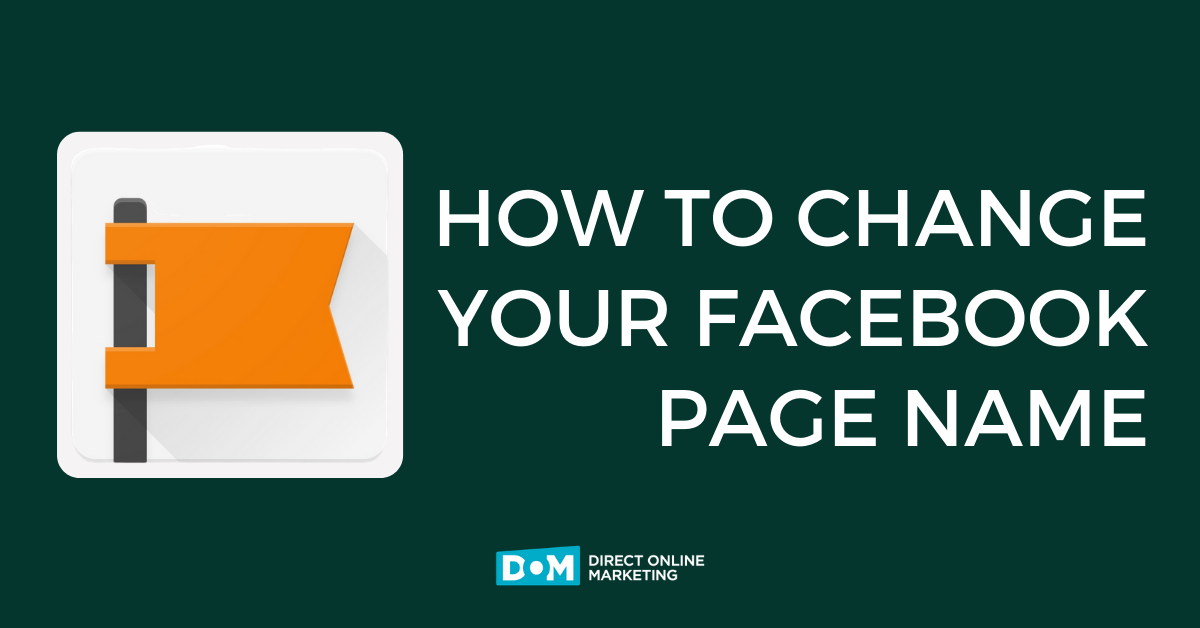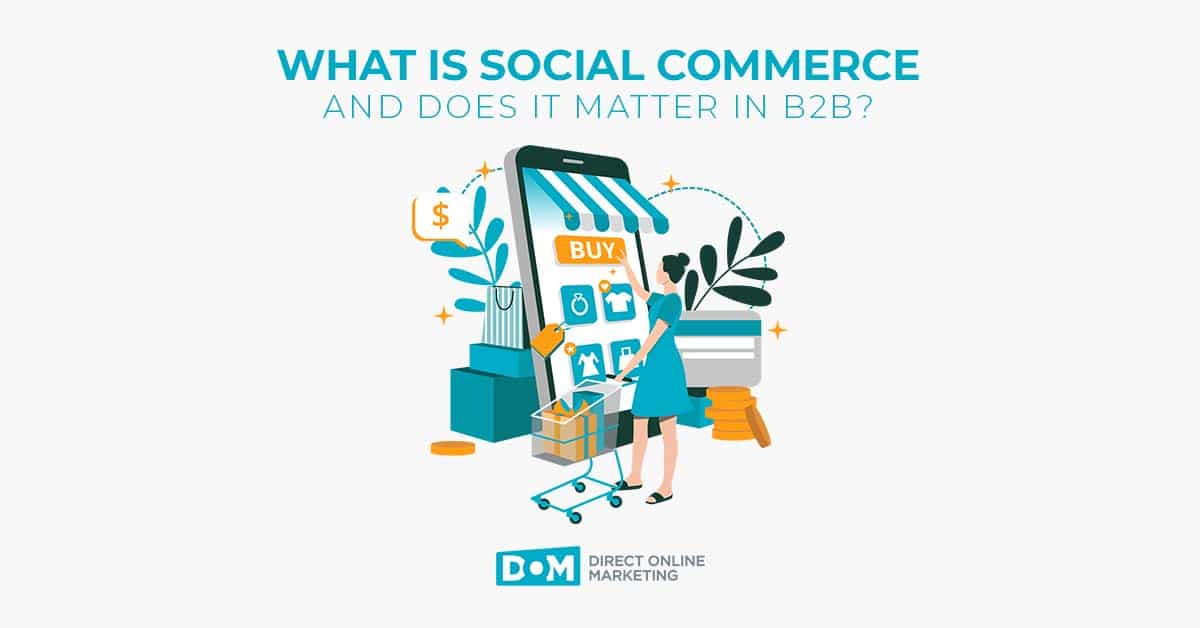
In 2018, social media has become synonymous with our daily lives to the point where businesses cannot ignore the importance of these platforms as a part of their marketing and public relations efforts. Facebook remains to be the king of these social platforms but organizations and brands have all noticed how Facebook’s Newsfeed has made it extremely difficult to reach all of their followers in comparison to Facebook’s early days.
One of the growing trends of the last several years is the fact that users have increasingly begun to join and actively participate in micro-communities known as Facebook Groups. There are lots of reasons users have gravitated towards Facebook Groups, and brands have begun to take notice of the opportunities they present.
Using a Facebook Group certainly has a ton of benefits, but it’s not without its drawbacks in comparison to using Facebook Pages for marketing purposes. To break it down and see if you could experiment with using Facebook Groups for marketing, here are the differences between Facebook Groups and Facebook Pages.
What is Facebook Page?
According to Facebook’s definition, “Facebook Pages enable public figures, businesses, organizations and other entities to create an authentic and public presence on Facebook.” Because this is the primary method by which organizations and brands communicate to their followers, Facebook Pages are a very important part of establishing an online presence. Even for organizations who don’t feel the need to use Facebook actively, it’s still important to claim and create a Page to protect their brand.
Facebook Pages are a tool for engaging their fans and customers. Page owners have the option to leverage Facebook’s social media advertising platform or share posts without dedicated ad dollars that will typically only be seen in the Newsfeeds of a Page’s followers.
What is a Facebook Group?
Facebook Groups are smaller communities where certain users with similar interests come together and interact with one another around a set of community guidelines or topic. These Facebook Groups can have a specific niche or cover an extremely broad topic. Separate from the Newsfeed entirely, users can share posts within the group itself, and only members can see or interact with posts from other users of that group.
Facebook Groups can be set up to be either public or private, but new members typically need to be approved by a group’s existing members with administrator privileges. Groups are considered to be exclusive invite-only communities, which is why they serve as a superb tool for building awareness around various ideas.
The best way to think about groups is that they function similarly to forums and message boards that are housed within Facebook’s platform. Groups are communities where users can ask questions, share content other members would appreciate and connect with like-minded individuals.
What is a Facebook Room?
You might have noticed that Facebook recently rolled out a new feature called Rooms. These are Facebook’s answer to Zoom, Skype, and other group video chat platforms, and allow much the same functionality as those services. Like Facebook Messenger, they are far more immediate and personal than either Pages or Groups and are more focused on individual users rather than businesses. For the purposes of this discussion, we can set Rooms aside.
Joining & Creating Groups
There’s an important distinction regarding groups — joining an existing group or creating a brand new one.
Some brands have begun experimenting with creating and managing their own groups on Facebook to engage with followers, but they are typically associated with a brand Facebook Page.
For example, social media software company Sprout Social has a weekly chat where users have a conversation using the #SproutChat hashtag in real-time on Twitter. Returning participants have gathered into a community on Facebook through Sprout Social’s #SproutChat Facebook Group.
Through their Facebook Page, Sprout Social can moderate users, posts, and overall group configurations. They retain complete control and can minimize the effects of the actions of group members. Sprout Social can respond directly to questions and share posts from their Facebook Page.
Facebook also has thousands of existing groups that users can join, however, Facebook Pages can’t join existing groups like a regular user can. To take advantage of existing Facebook Groups for marketing purposes, a brand would need to designate brand ambassadors, and those individuals can participate in groups via their personal Facebook accounts.
Advantages of Using Facebook Groups
While Groups and Pages share a few things in common, they are inherently different, and each provides unique benefits and disadvantages. Whether a new group is created or leveraging an existing group is considered, here are a few of the upsides to using Facebook Groups.
Greater Visibility
The best thing about Facebook Groups is that high visibility is more achievable than sharing posts from a Facebook Page. Provided that a group has active engagement amongst users, most groups are set up to send notifications of popular group posts by default. Members can opt out of this, but followers of a Facebook Page will never get notifications about posts unless they have specifically opted in with the “See First” setting for that Page.
Groups only work when a majority of members communicate and engage with each other freely — so it’s less about “selling” and more about being authentic participants.
The increased reach of Facebook Groups is no accident — that platform’s own pivot to increasing user focus on Groups over Pages is well documented. Facebook has tuned its algorithm to favor the personal, intimate nature of Groups, identifying this relationship as having more value to its users. This is value you can use, too.
Establishing Deeper Connections with Fans
Facebook Groups are a good marketing tool but only if group participation is genuine. Engagement is key to the success of any group, so it should never be treated solely as a platform to sell products or services. Instead, organizations and brands need to use groups just as other members do — answer questions, provide helpful resources.
One important consideration for creating a Facebook Group is to make sure members feel like they are welcome and that you want them to participate. Groups are less about sharing branded content and more about encouraging member participation. Community participation will impact brand perception and can deepen how an individual feels about a brand if done correctly.
Questions Lead to New Content Ideas
For organizations invested in their content marketing, one challenge is finding topics for content that customers and leads want to consume. Answering questions posed by people of a target audience are the best sources when searching for topics for new content.
Just like how content marketers have been using Reddit, Quora, and message boards to inspire their content creation, Facebook Groups are a treasure trove of customer questions and ideas for new content.
Disadvantages of Using Facebook Groups
Facebook Groups certainly have their limitations and may not even be possible to take advantage of for many organizations. It comes down to what Facebook Pages can do in comparison to where Facebook Groups fall short.
Difficult to Grow
Because of how Facebook Groups are designed, creating a new community from scratch can be quite challenging. Promoting a group to encourage users to join will take a concerted effort and may even require launching advertising on Facebook to grow members.
Once a core number of members have been created, the group will require regular upkeep to keep members actively engaged.
Considerable Time Investment
There’s no getting around the fact that if a brand creates their own Facebook Group, they will need to monitor and respond to group members on a proactive basis. Groups become another channel of customer service and can be abused by the actions of group members.
For example, say a local nonprofit providing career placement services for military veterans creates a support group on Facebook for families of veterans. Imagine if a member only joined a group to “troll” and bully other members because of their negative feelings towards veterans. If group admins don’t act as quickly as possible, posts from this individual can be quite damaging to the nonprofit’s online image.
One of the benefits of social media management tools is that users can schedule posts to go out at specific times on their social platforms of choice. While these tools can schedule posts to Facebook Pages, there is no tool to schedule posts to a Facebook Group. There will be more manual, time-consuming efforts to manage a group properly.
Pages vs. Groups
Between using Facebook Pages and Facebook Groups for marketing, it mostly comes down to a whether or not an organization has the time to make groups work for them. Facebook Groups require time and effort to leverage effectively, and it may not make sense in most cases considering just how much time needs to be invested.
Facebook Groups can be a strong marketing tool in addition to a Facebook Page, but here are a few questions to ask yourself when considering if creating a group is for you:
- Is there an opportunity to create a community to serve as a place for members to connect with each other and engage with your brand?
- Do you have the time to moderate content — as in user-generated content — which largely is not owned by your organization?
- Do you want to establish your brand as a helpful and trustworthy resource beyond what you sell?
Direct Online Marketing is here to help you understand how Facebook can help you grow your business. Check out the posts we’ve written about this platform and, as always, feel free to get in touch.
